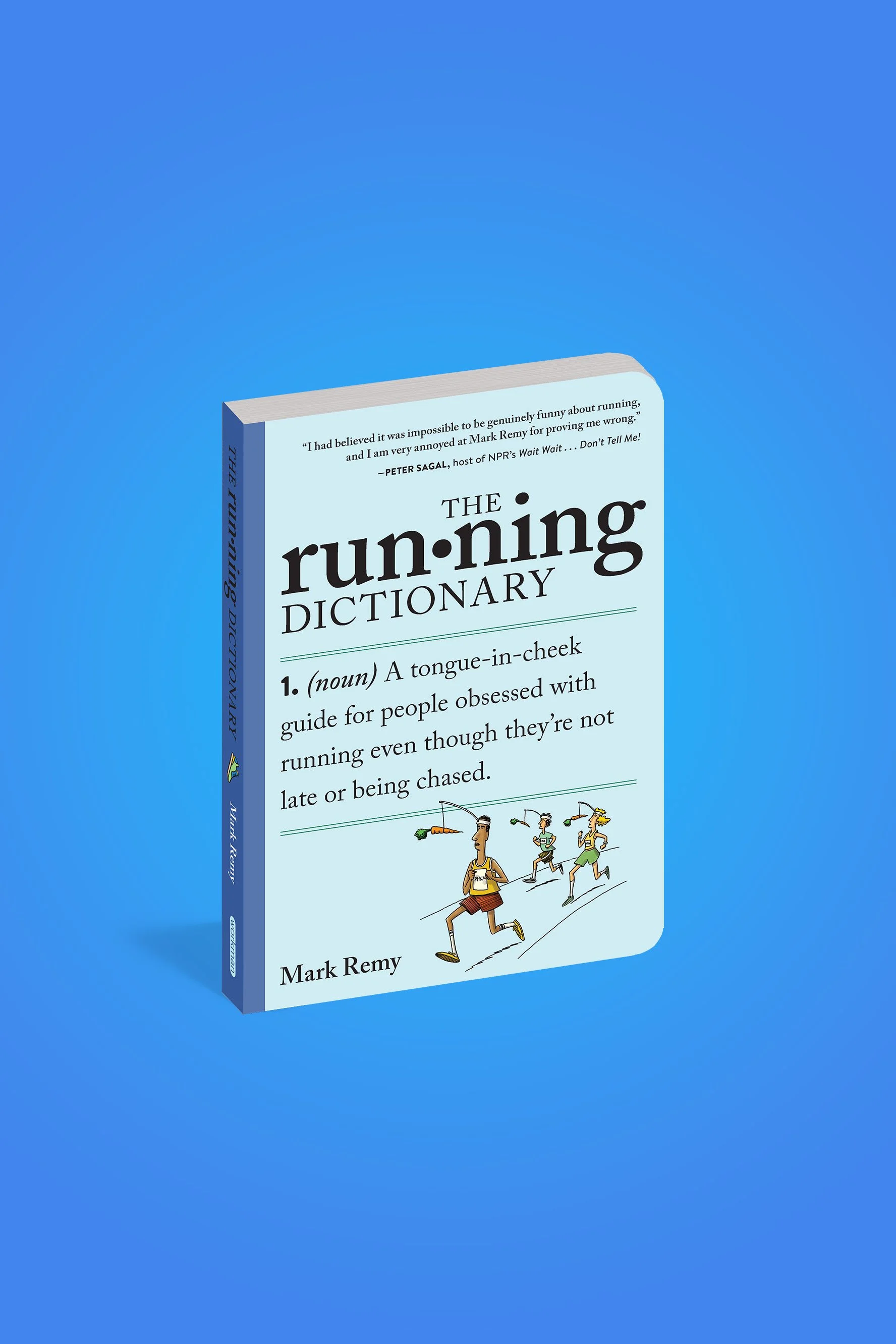World Health Organization Pivots to Treat Runners Affected by Tokyo Marathon Cancellation
/istockphoto.com
The World Health Organization (WHO), the global health agency that’s led efforts to contain the coronavirus outbreak, announced today it’s diverting the bulk of its resources to address an even more urgent crisis—the thousands of runners affected by the cancellation of next month’s Tokyo Marathon.
Race organizers on Monday confirmed they were restricting this year’s event to about 200 elite runners and wheelchair athletes, effectively scrapping the race for everyone else. Race day is Sunday, March 1.
“We have been preparing for the Tokyo marathon 2020 while implementing preventive safety measures,” they said. “However, now that a case of Covid‑19 [coronavirus] has been confirmed within Tokyo, we cannot continue to launch the event within the scale we originally anticipated.”
News of the cancellation spread around the world within minutes, causing consternation, agita, and catastrophic loss of perspective among the estimated 38,000 runners affected.
“Oh my god,” one such runner, Madeleine Stowe, 39, a software consultant in New York City, wrote on Twitter. “I trained so hard for [the Tokyo Marathon], and now this.”
“Tokyo was on my Bucket List,” she added, “and I really wanted to do it before I turned 40!”
She added four “angry face” emojis.
“We’ve seen cases of acute self-pity in the runner community soar by nearly 5,000%,” said James Cole, an epidemiologist with WHO. “That’s an astonishing rate, and the truly scary part is that this stuff doesn’t require airborne pathogens or human contact to spread. It happens via social media.”
To address this, WHO is pulling teams of scientists and physicians out of China and redeploying them to Facebook and Twitter, where they can soothe and reassure those hardest hit by the marathon’s cancelation. The organization is also spending millions of dollars to send mobile medical units into urban areas with large populations of marathoners, where doctors and aid workers can offer physical assistance and grief counseling to traumatized runners.
“It’s true that we’re facing more than 73,400 confirmed cases of Covid‑19, and 1,874 deaths so far, constituting a global health emergency,” said Jeffrey Goines, a WHO spokesman based in Geneva, Switzerland. “But we’re talking here about 38,000 runners—38,000—who are suddenly having to cope with a canceled marathon.”
“Historically, WHO goes where it is needed most,” Goines said. “Today, these runners need us.”



